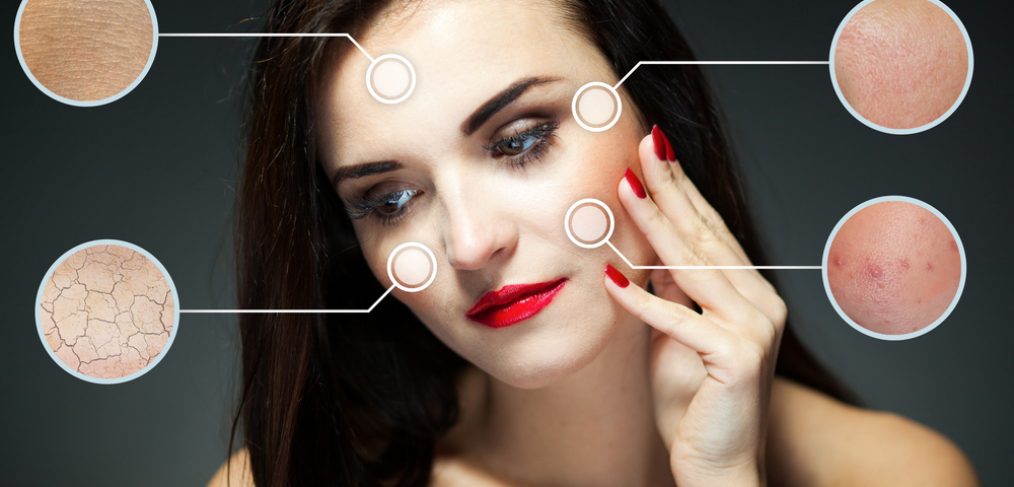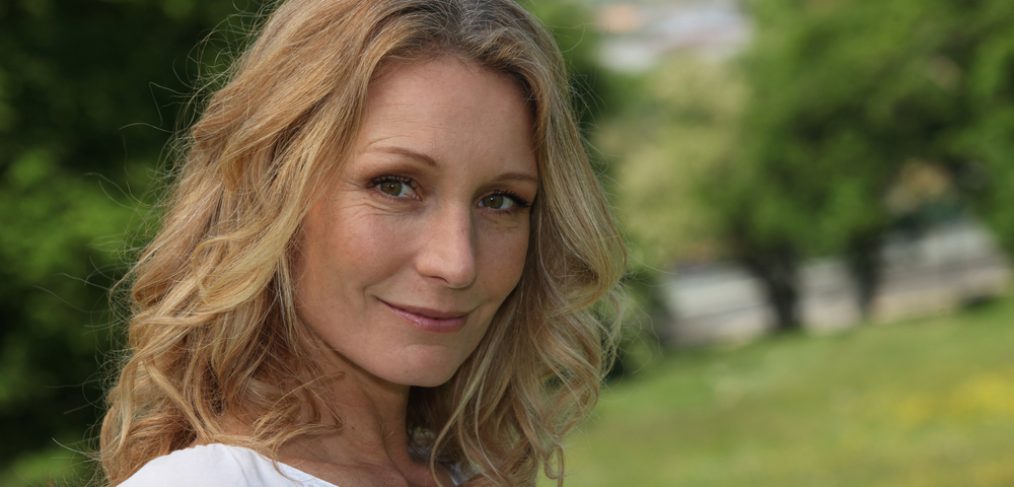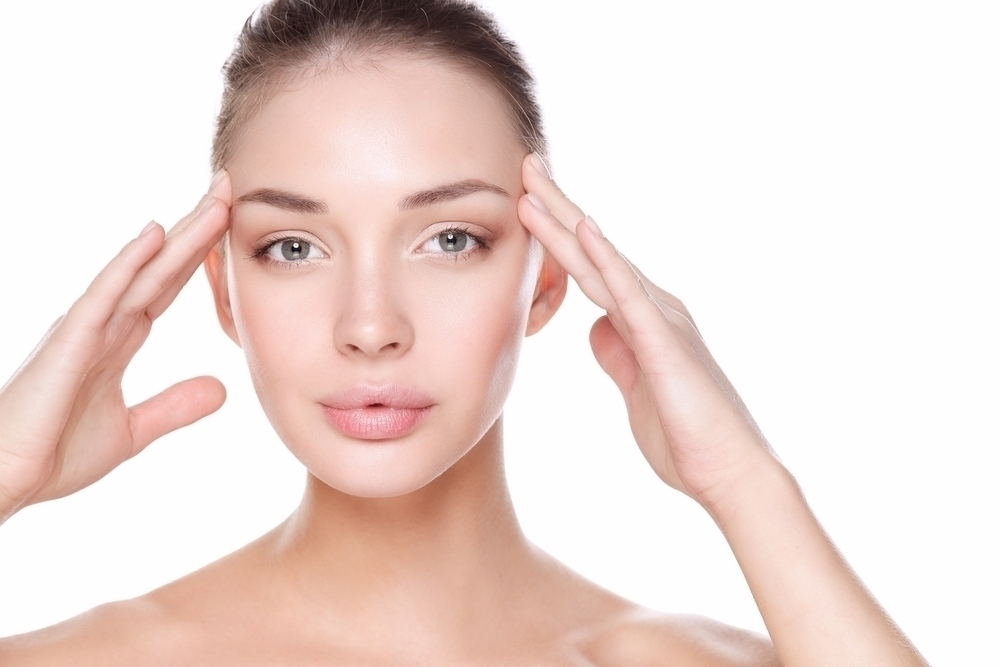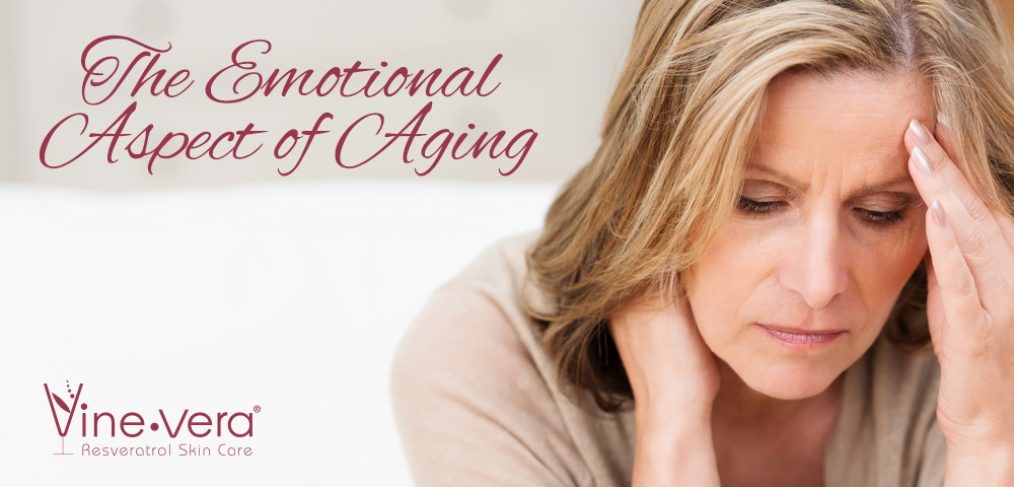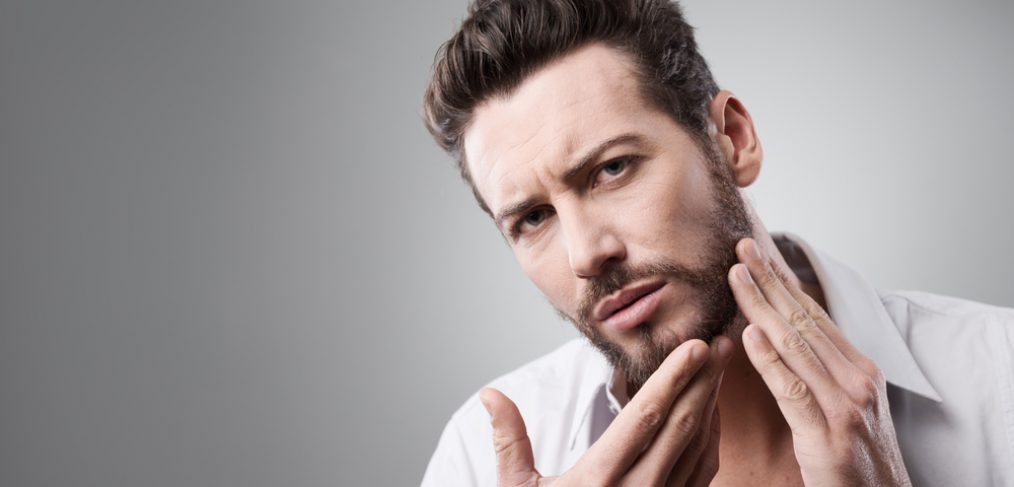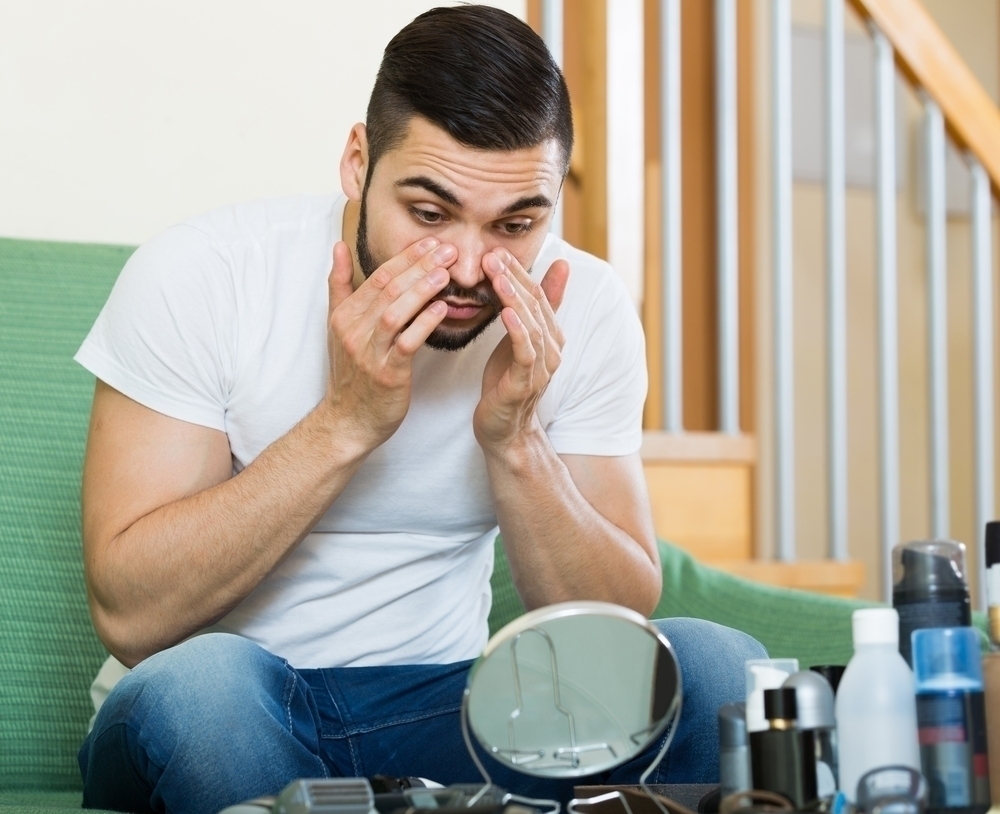There are all kinds of little things you can do to prevent premature aging. Follow these types to keep you skin looking younger, longer!
Take Care of Your Pores
Making sure you cleanse your skin appropriately plays a huge role in maintaining the skin’s youthful appearance. Dirt, makeup, and bacteria can clog pores and cause blackheads and uneven skin tone. It is important to cleanse your skin and remove makeup before bed. Sleeping in makeup can really add years to your skin. You should also always cleanse your skin after you work out, so sweat doesn’t sit on your skin causing it to dry out and breakout.

Don’t Smoke
There are many reasons not to smoke, but if you are looking for one more to add to the list, smoking also ages your skin. Smoking causes wrinkles and dulls the skin. Dewy, bright skin is youthful looking, and smoking causes it to take on a sallow tone.
Be Careful in Dry Climates
If you live in a dry or extremely hot area, keeping your skin hydrated will help preserve its youth. Using thick night creams or overnight masks to replenish your skin overnight can help combat dryness. Looking for products with collagen and hyaluronic acid will replace what your skin losing as you age, keeping it looking young.

Limit Drinking
Alcohol takes a huge toll on your skin. Drinking dehydrates your skin, and can deprive it of nutrients it needs.
Avoid Sun Damage
The sun causes age faster and more easily than any other environmental factor. It dries out your skin very quickly, and if you are at the pool or the beach, it may be several hours before you can moisturize and rehydrate. Sun spots and liver spots can also form on the face or hands, and they tend to be a dead giveaway when it comes to age. Make sure you wear sunscreen every single day- yes, even during the winter and on cloudy days. Buy a sunscreen with SPF 30 or higher that is non-comedogenic and non-irritating. It also doesn’t hurt to pair your moisturizer with a foundation that also has sun protection. Wearing a hat when you know you are going to be out in the sun for an extended period of time is also a good idea. Sun damage can result in wrinkles and hyperpigmentation, which can age your skin immensely. Too much sun can also cause skin cancer, so protect your skin!
Basically, you should listen to what your mother told you to protect your skin from aging. You should also be taking preventative measures in your twenties to try to maintain youthful looking skin. Using an eye cream is a great way to prevent wrinkles from forming. The thin skin around your eyes could use the extra care. Using a retinol cream can also help prevent signs of aging and keep your skin looking young. Whatever measures you take to prevent aging, don’t forget the sunscreen!



